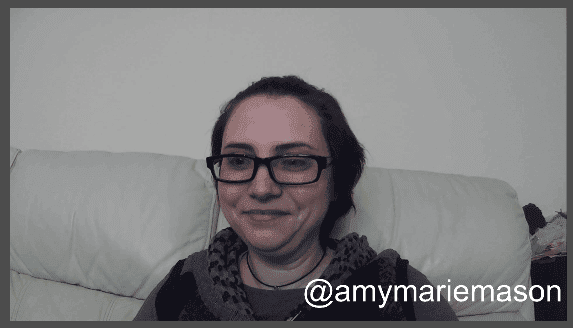
🥁 Drumroll, please! 🥁
🥇 Amy Mason
Amy is a statistician at the University of Cambridge, where she teaches and researches to make predictions about what causes a disease. If not at work, you’ll find her playing live action roleplay games, crocheting or giving maths talks at schools.
👏 Congratulations! 🥳
Amy first joined I’m a Mathematician in 2020 and she has taken part in 28 Chats since then, many of them this year. She has made sure to explain things clearly to students, and to share her interests as well as the barriers she faces. She has shown who she is as a person as well as a mathematician, which is key to show what maths and mathematicians are actually like.
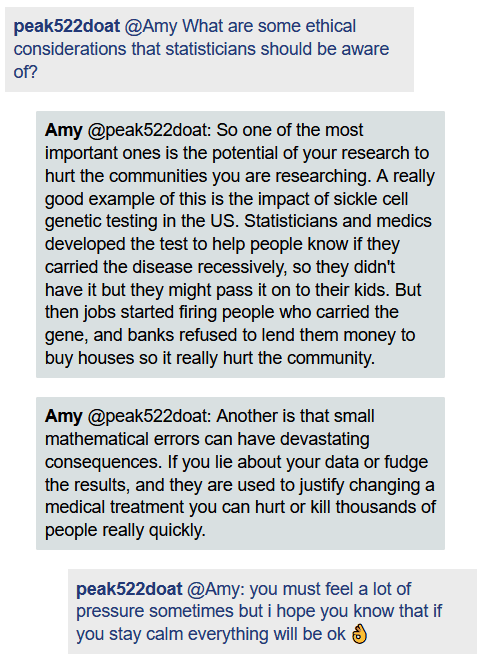
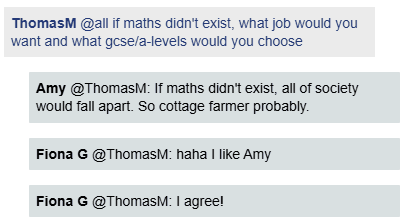
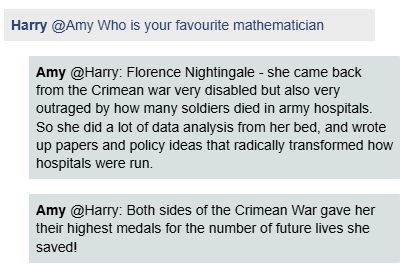
A few words from Amy
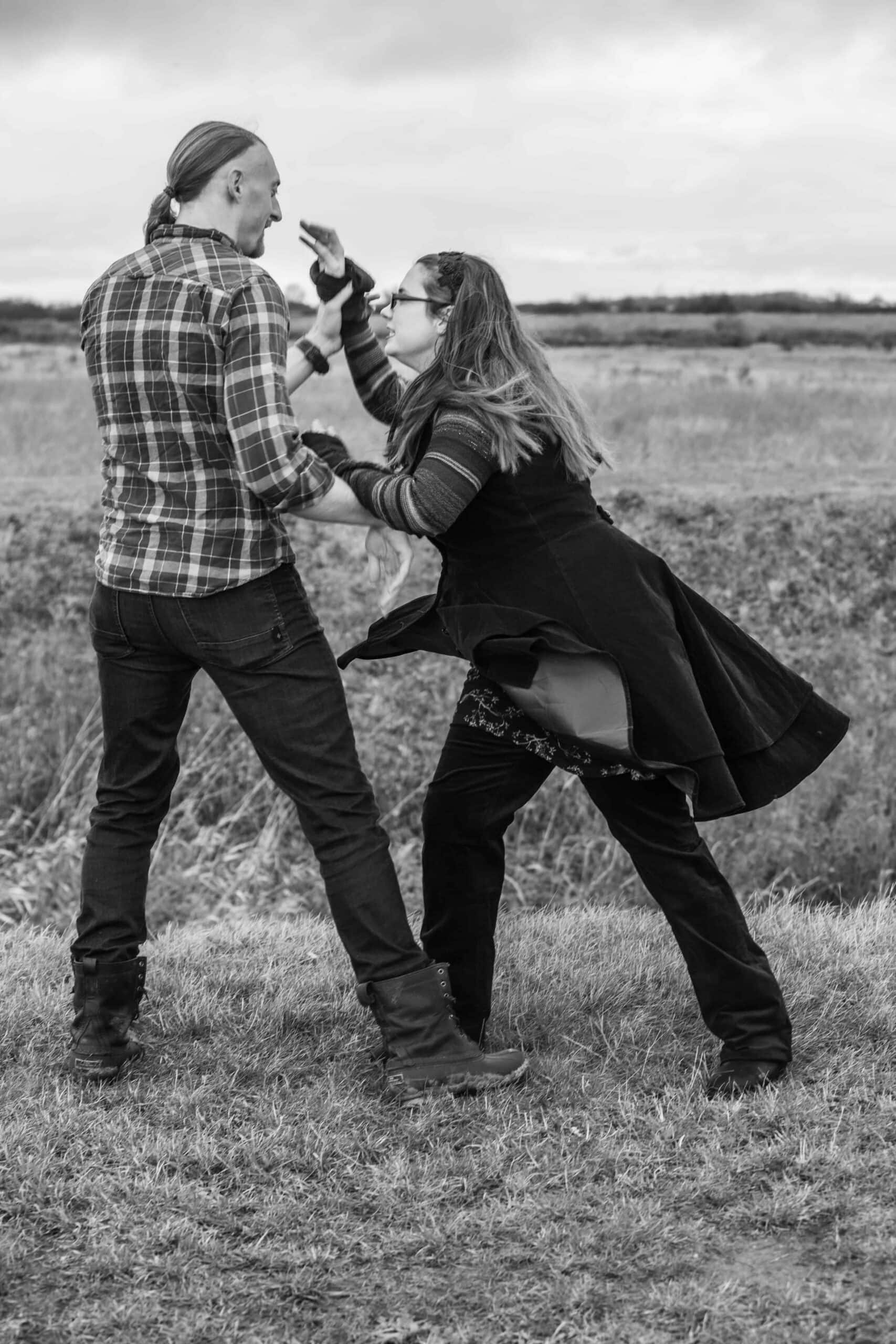
I’m so grateful to the students who voted for me – thank you so much! It’s been a real pleasure taking part in I’m a Mathematician, and I’ve come away from the experience feeling inspired and challenged in the best possible way.
I also want to say a huge thanks also to the organisers for setting up this website and keeping it running, the moderators who kept conversations on track, and funders for making this possible! And, of course, to the other scientists who made this such a friendly and fun experience.
Some of my favourite moments were the conversations where we really dug into the practical challenges of working with data, like how to deal with missing values or why researchers sometimes have no choice but to work with imperfect datasets. There was an interesting exchange about the ethics of genetic data research – the student told me they were planning to study medicine and law so they could work on genetic data law, and I’m still excited thinking about how cool that is.
Some of your questions caused me to reflect hard on my job, my career, and my current workplace. In one session, a student asked me if people were kind at my workplace. This had me deeply considering what kindness looks like in a workplace, and how to describe that in terms that made sense to a very young student. I’m still thinking about this months later; how can I be kind to colleagues, how can workplaces be kinder to employees. Another time, I had an intense interrogation of my financial prospects like I was a suitor in an Austen novel, but this was just another way for the student to try to visualise my life and whether they would like to live like me.
Not every question was about my work! I’ve had some great conversations about disability and coping strategies for ADHD. I’ve told so many people about how Florence Nightingale did statistics while chronically ill in her bed, for decades and decades, which is one of my favourite history facts. A few of you even let me enthuse wildly about my hobbies (LARP, crochet, and a long-standing obsession with spreadsheets) and gave me the chance to hear about your passions.
Thank you for your curiosity, your creativity, and your willingness to ask such insightful, thought-provoking questions. You made me think harder, explain better, and remember why I love doing what I do.
Amy Mason
How is the winner chosen?
Each student has 1 vote to give to an engineer each academic year, and whoever gets the most votes, wins! It’s as simple as that.
But wait, there’s more: The winner earns £500 to spend in further STEM engagement!
Want to choose who wins those £500? Vote for your favourite engineer in the Ask page!💬



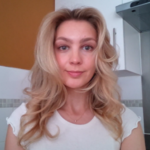
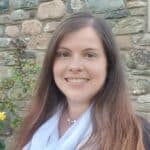


Recent Comments
how many years did it take for you to became a mathematician? (1 comment)
What was one of the hardest math questions that you had to answer when you were in school? (1 comment)
What is your favourite thing to do in mathematics? (1 comment)
If you couldn't pick maths, would would your favorite subject have been in school (1 comment)
Do your jobs involve computer science as well as maths? (2 comments)